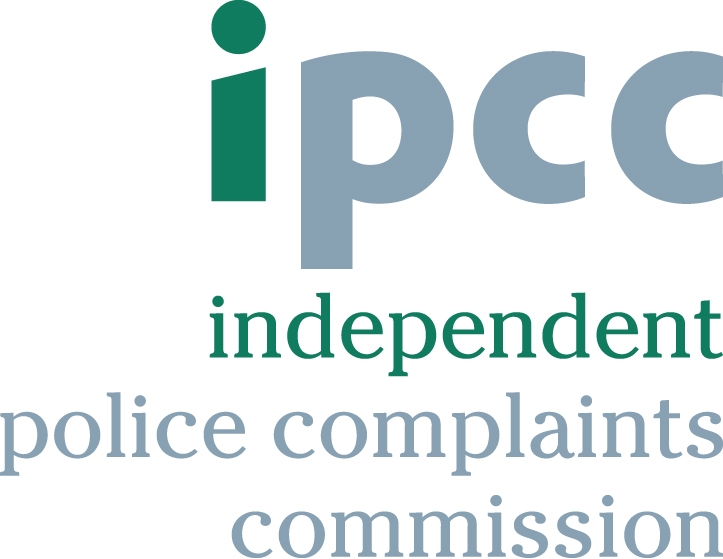31 Oct 2017
Be afraid, be very afraid! There are four truly frightening HR facts and myths we are busting this Halloween
The workplace can be a scary place for those employers who are not employment law savvy. We dust the cobwebs off four real issues this Halloween.























